One of the biggest announcements of The Game Awards 2022 was that Supergiant Games is making Hades II. That’s a big deal. The first Hades was one of the best games of 2020 and arguably one of the best games of its generation. I would go so far as to say that Hades is in some aspects as close to perfect as any game can be. But if that’s the case, then why aren’t I all that excited about a sequel to Hades? Well, I’m sure I’m not alone in this, but I just find the whole situation unnecessary. Hades doesn’t need a sequel. Why make a sequel to a game that is, for all intents and purposes, a perfect game?
Of course, no game is actually perfect and probably has some flaws. But there are some games where the positives vastly outweigh and practically negate the negatives, games that are so finely balanced that almost any changes would be to their detriment.
In my eyes, Hades fits that bill, and I poured over 100 hours into it to reach the true ending. Even then, I still went in for more after that. But what makes Hades particularly unique is that it wasn’t a part of a franchise that was slowly refined after multiple iterations and multiple games. It was just perfect by the time it completed its lengthy and feedback-driven early access period.
It’s no secret that the video game industry has a desire to make anything and everything into a franchise. There are a plethora of games that tell wonderful stories or have complete gameplay experiences, yet are plagued with a studio-mandated sequel in order to cash in on the success of the first game. I’m not at all considering that Hades II is a cash grab by Supergiant Games, but when Hades became its fastest-selling title ever and was a major financial success, it’s hard not to see the team wanting to try to make lightning strike twice. If that’s the case, history has shown us that Hades II will need to tread carefully.
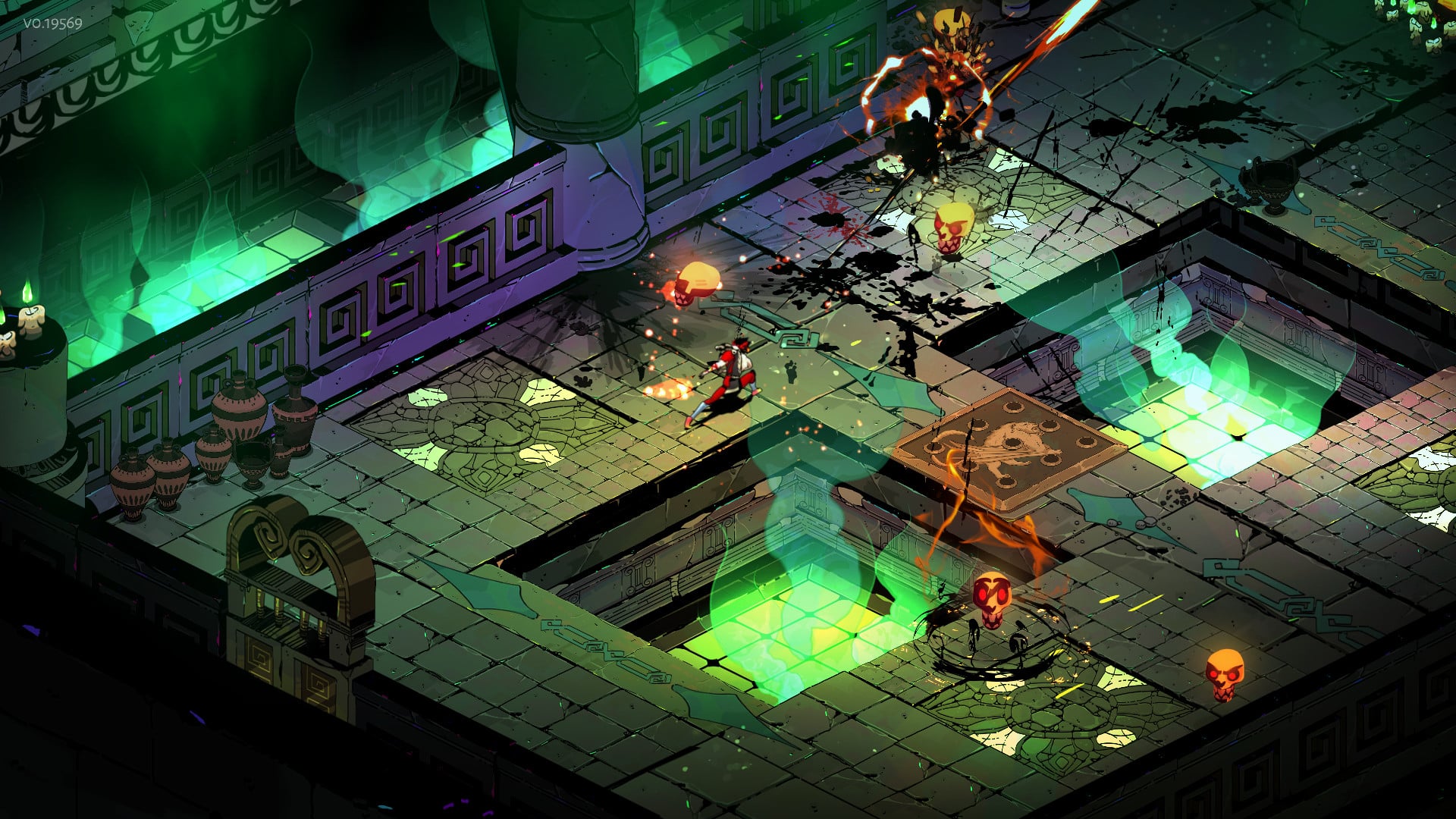
The burden is heavy for a sequel to a critically acclaimed game. If anything is different or slightly inferior, the negative comparisons will be swift and brutal. Plenty of times in recent years, we’ve seen sequels to games that were entirely unnecessary, but fans had optimism that they would turn out well regardless. And in the vast majority of cases, those expectations were quickly deflated.
Take The Last of Us. The first game still stands as one of the best games of all time nearly a decade after its release. It wouldn’t be a stretch to call that game a masterpiece, but when Naughty Dog decided to make a sequel, the results were a lot more polarizing. Critics and fans were split on whether the game was fantastic or a horrible sequel (or both at once) and are still arguing about it to this day. Regardless of one’s stance, I think it’s fair to say that Naughty Dog’s attempt to continue the story from the first game was unnecessary. By the time we reached the credits of The Last of Us, we had everything we could have asked for. The ending was left ambiguous, but it served to drive home the themes and ideas of the game, one that a sequel would inevitably have to grapple with.
And that’s being polite about sequels to critically acclaimed games. If you go deeper, you would then find games like BioShock 2 and The Walking Dead: Season Two, games that were entirely unnecessary and did not escape their older sibling’s shadow. At least with The Last of Us Part II, you could find some people that prefer it to the original game. Few would defend these sequels as passionately.
The original games could stand on their own and be ported to new systems every generation, and players would be perfectly content with it. But these particular sequels actively diminished aspects of the original games. The extra lore of BioShock 2 was unnecessary and undermined Andrew Ryan as a character, in addition to cheapening the world of Rapture. Then you have the decision to focus Season Two of The Walking Dead on Clementine, which devalued the ending of the first season and made Clementine into a character that just wasn’t as interesting without Lee.
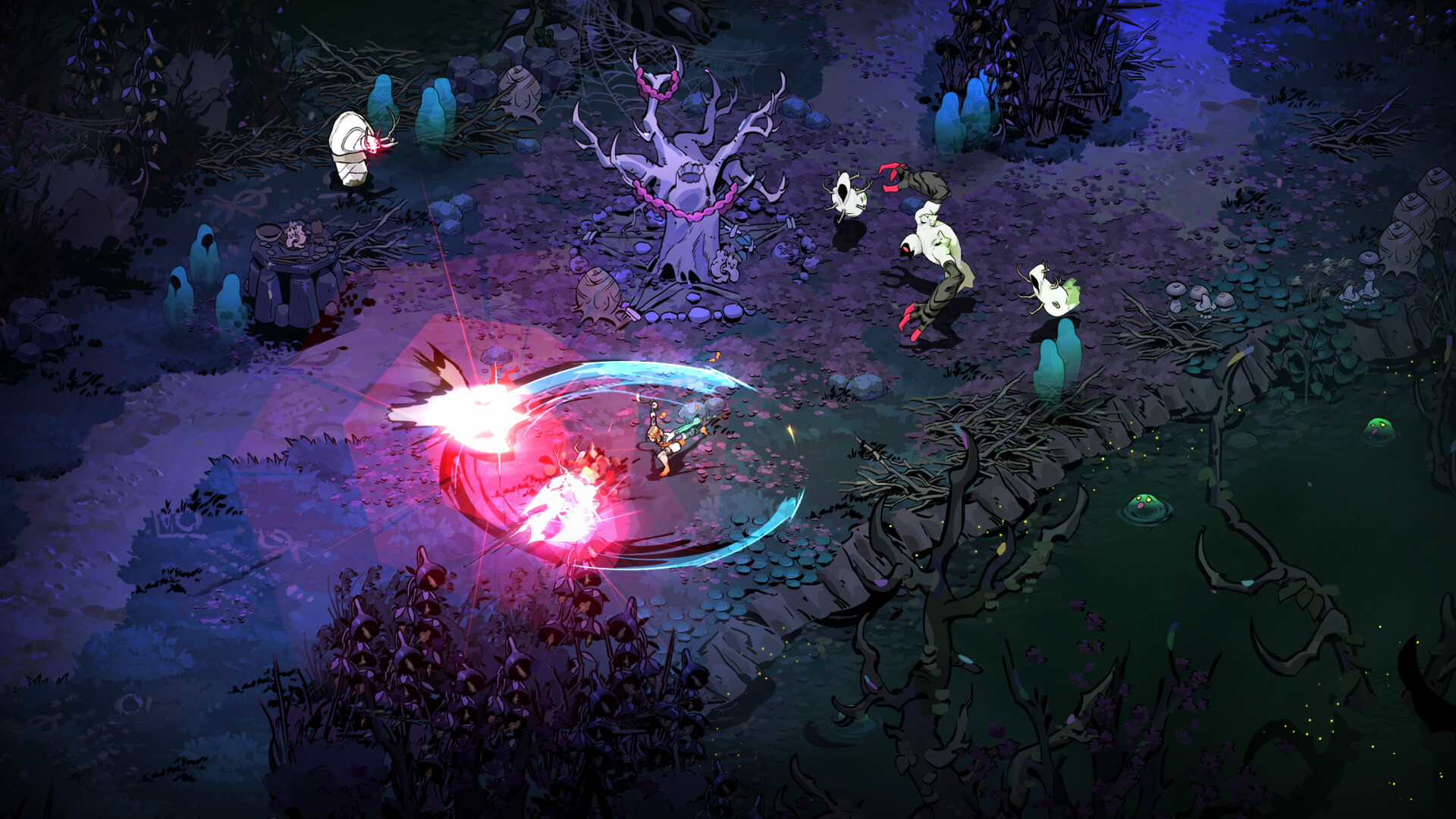
But The Last of Us, BioShock, and The Walking Dead do have something in common: They all have a strong narrative focus. Games like that inspire even greater skepticism when sequels are announced. This goes beyond the realm of video games, as there are plenty of movies, TV shows, and anime that have continuations that are viewed as entirely unnecessary. One of the biggest ones I can think of in recent memory is The Lord of the Rings: The Rings of Power, an entirely unnecessary expansion of Middle-earth that has led to decidedly mixed results. When you have something that is great and stands alone, studios, regardless of the industry, will try to exploit it for gain.
But there have been several instances of sequels to critically acclaimed games that worked because those games put gameplay first. Portal 2 is a shining example of that since, while the first game did have a plot, the core of the game centered around the puzzles and navigating Aperture Science. The sequel merely expanded on the elements that were present in the beginning and developed new ideas, like the use of gels and the integration of co-op.
Likewise, Super Smash Bros. Melee took everything about the original game to the next level, offering faster speed and more complexity than the original game could have ever done. There are still communities dedicated to playing Melee competitively, whereas the original Super Smash Bros. receives significantly less attention despite being the premier Nintendo 64 fighting game.
This makes me a bit less concerned about the direction of Hades II as a sequel to a “perfect” game. While the original Hades did have really well-developed characters and relationships, those weren’t the focus of the game. They were flourishes to propel the core gameplay forward and maintain momentum. Hades II, at least at this moment, seems to have an entirely new cast of characters with different motivations and is set in very different parts of the world, making the sequel apparently stand on its own. We have yet to see anything related to its gameplay outside of a few snippets from its debut trailer, but it looks like it’s just more Hades.
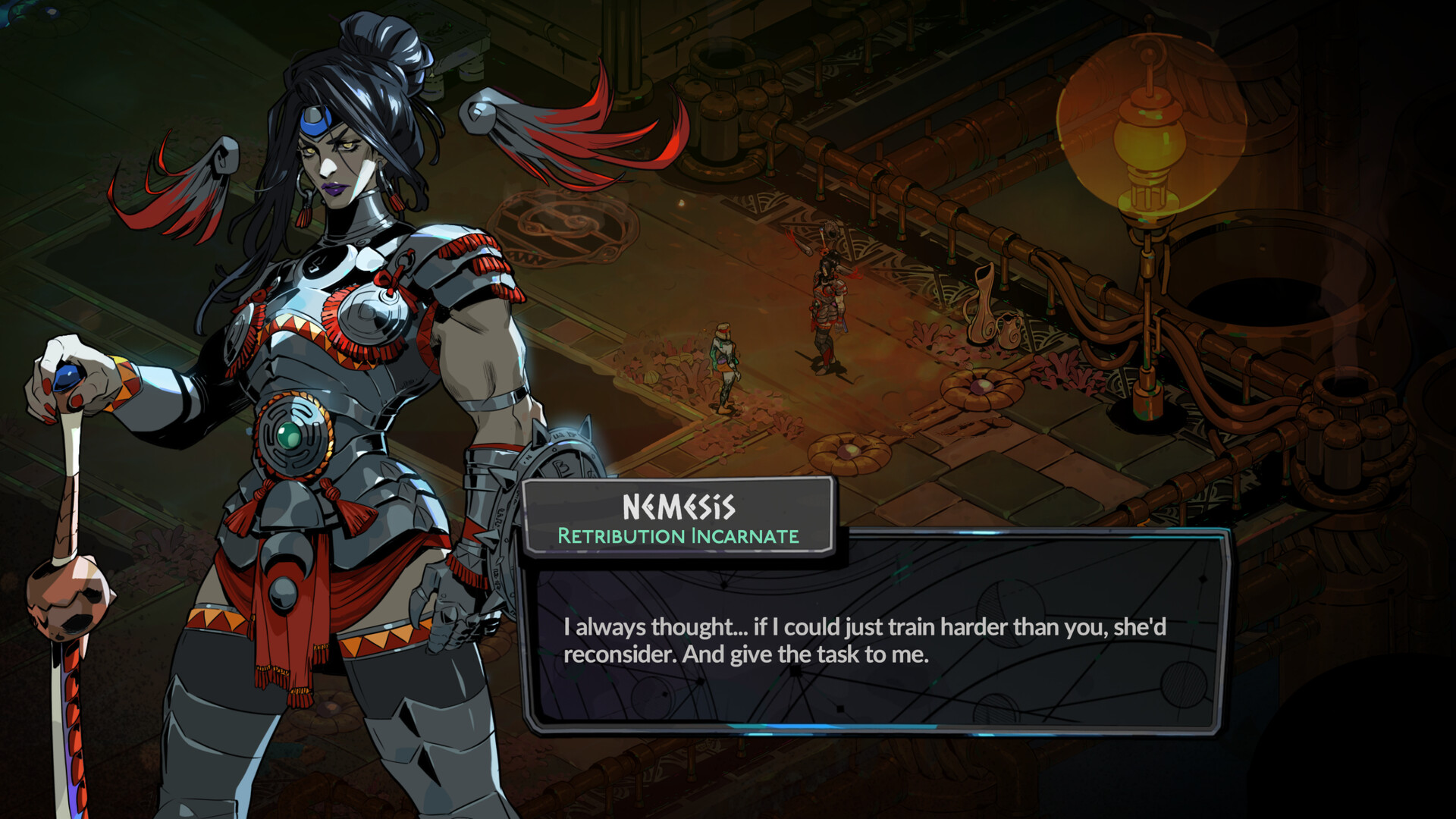
Yet will that be enough for fans? I know it will be for me, but unless the game really does a lot to justify its existence, I’m sure some fans will question why it’s getting a full release and it’s not just a DLC expansion. Why bother having an early access period? Didn’t they already crack the code last time? Supergiant Games hasn’t done a sequel before, so the fact that it’s going back to the well now means that it must have some ideas that it wants to integrate into the sequel that it couldn’t do with the original game. It’s one of the reasons I’m curious where they may take this sequel and why I’ll have my eye on it as it develops and if it attempts to take any risks.
Making a sequel to any game is a dangerous prospect if it isn’t already a part of a franchise, but sequelizing a standalone game that is considered a perfect 10/10 by many people is even riskier. If you’re going to expand that perfect game into a series, you have to be meticulous about how those future installments interact with the original game. The developers need to strike a careful balance to not invalidate the experiences of the original game and provide a means for continuation.
If those games tended to focus on gameplay over narrative, the job is a little bit easier since narrative wasn’t the main draw. But if the plot is what drew people to that game and what made it into such a powerful and singular experience, then the hill is a lot steeper to climb. It’s too soon to tell which camp Hades II will go in, but hopefully Hades II will serve as a stunning companion to the original game rather than make me just go back to play the original game some more.

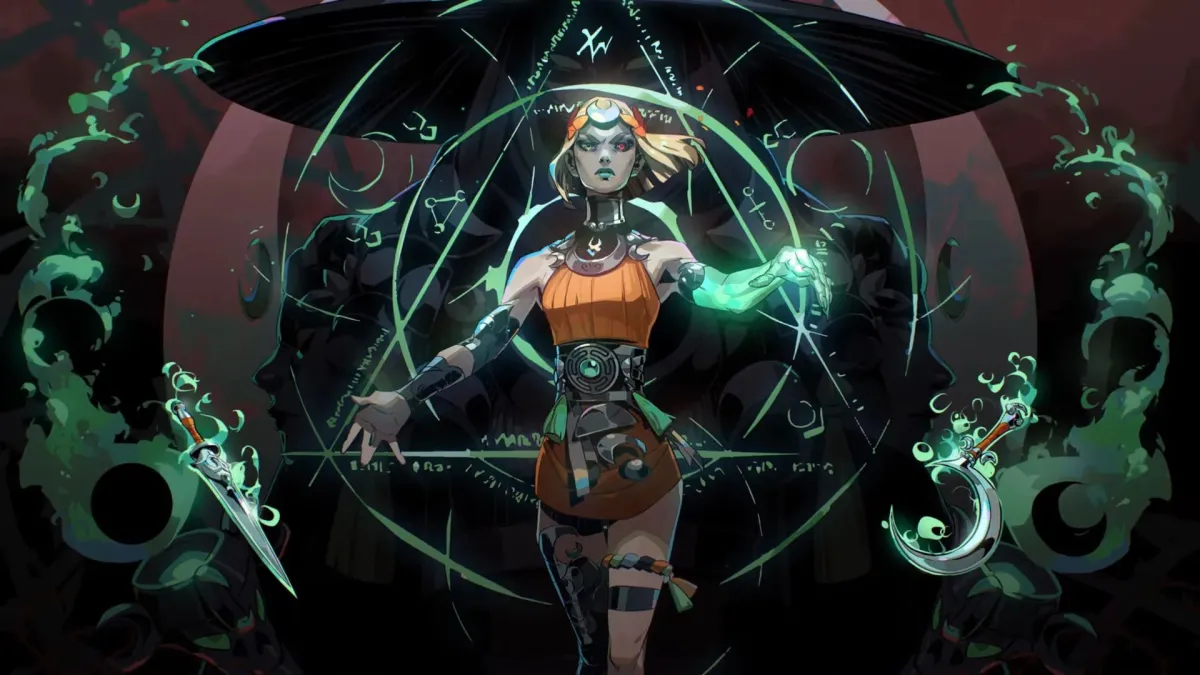



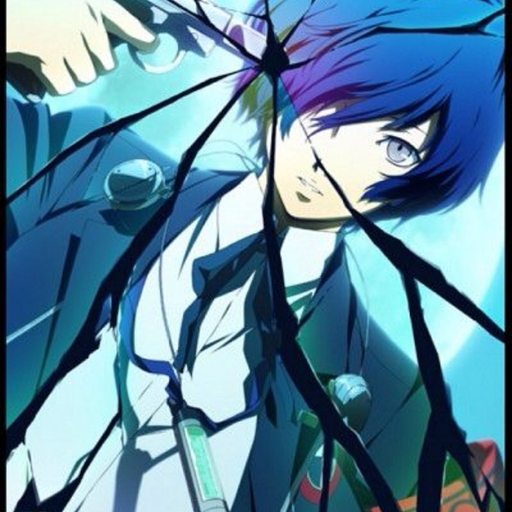
Published: Dec 22, 2022 11:00 am